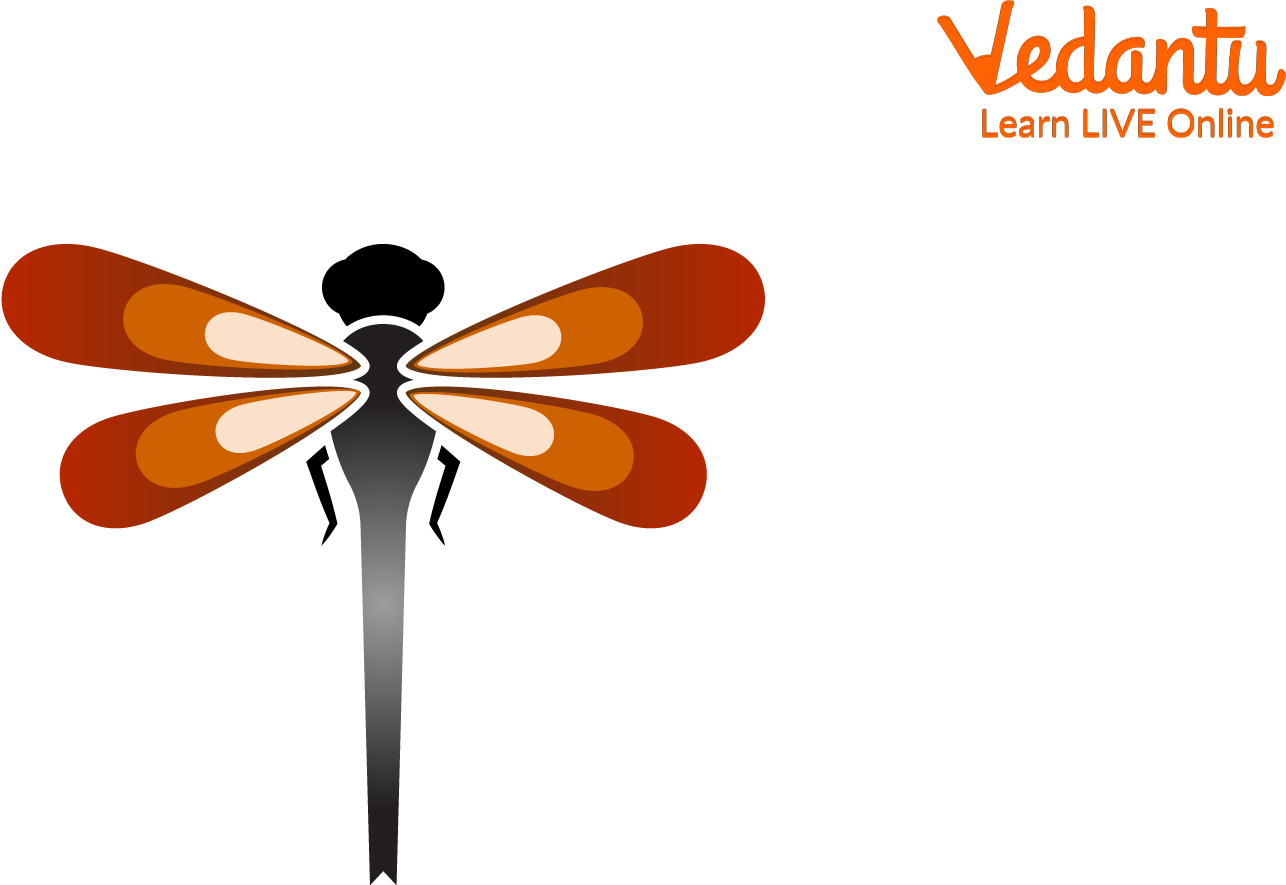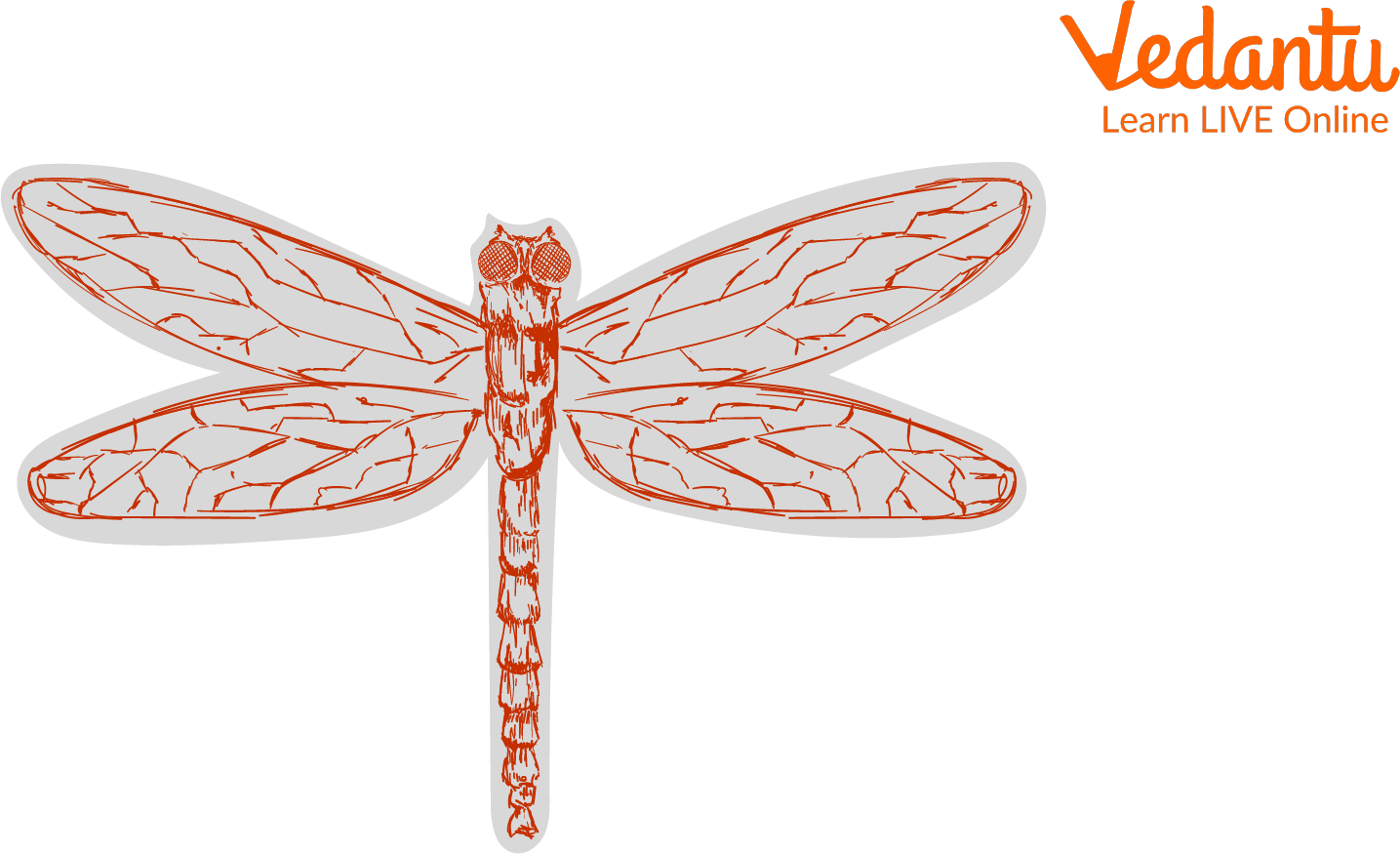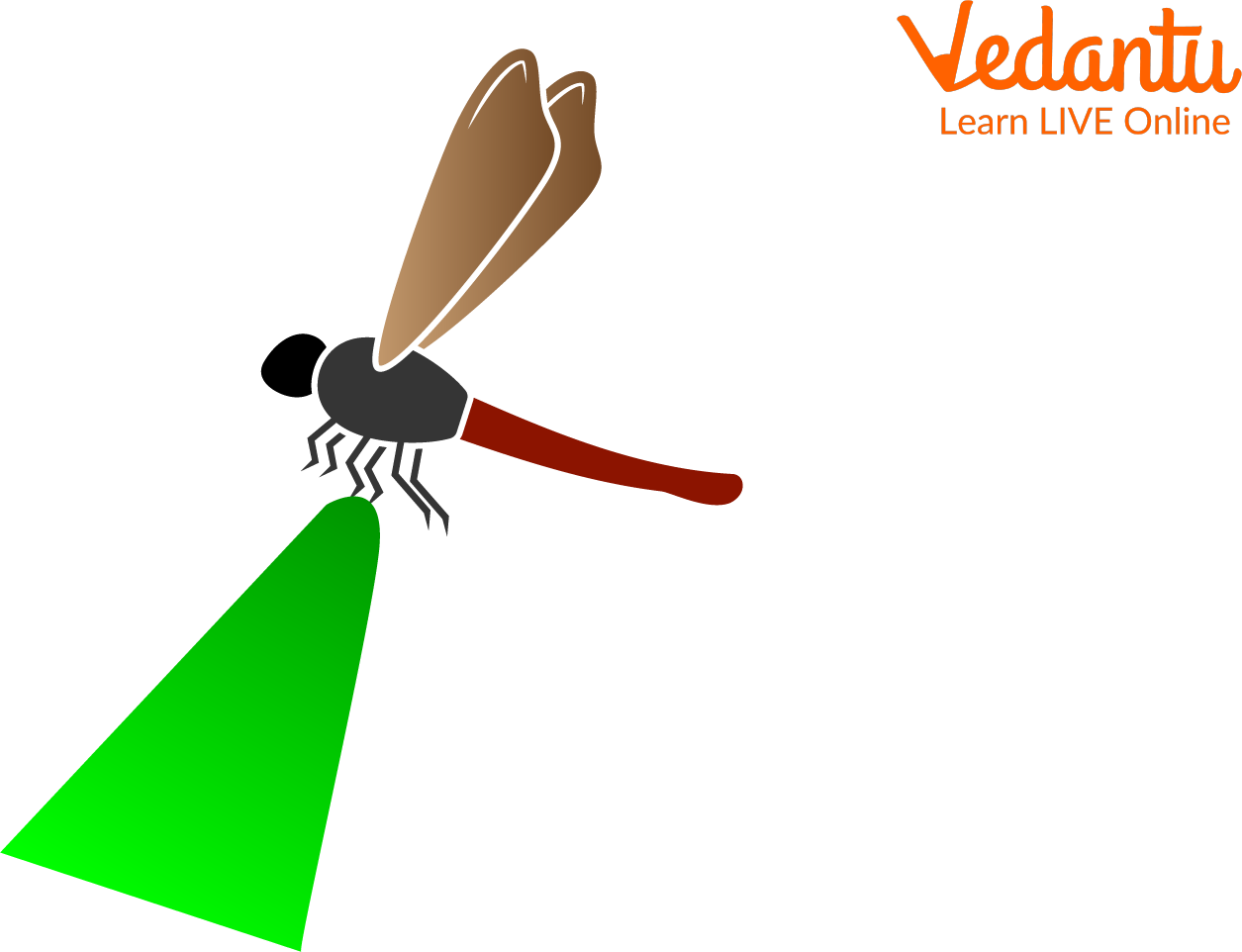




Explore Dragonfly Habitats: Lakes, Ponds, Rivers & Wetlands
Large, colourful dragonflies are commonly found near freshwater bodies of water, such as riverbanks, canals, ditches, ponds, and lakes. They can also be found in habitats of their smaller relatives, the damselflies. According to fossil evidence, they have been flying for over 300 million years! They are usually active during the day, but some dragonflies can also be active at night. Dragonflies are generally attracted to greenery more than the plain areas.
They can be found in many shallow freshwater areas but are most common and diverse in slow-moving waters without fish (small streams and ponds).
Dragonflies that are adults frequently stay close to bodies of water but may leave the area when feeding or migrating.
Dragonflies spend most of their lives underwater; we typically only observe short-lived adults.

A Dragonfly
The Largest Dragonfly in the World
Megaloprepus Caerulatus, a dragonfly nymph from Central and South America, has a wingspan of about 180 mm and is the largest odonate in the world. It is found in Central and South American woodlands that are rainy and humid. Megaloprepus eats spiders that build webs. It hunts in locations with direct sunlight.
It is a distinctive species due to its size and the colours of its wings.
A "pulsating blue-and-white beacon," is the second name of this dragonfly.
It is one of the few species in the family Odonata where the males are more significant than the female dragonfly.

Megaloprepus Caerulatus
The Importance of Dragonflies
The population of insects is significantly reduced by dragonflies, especially pest insects like mosquitoes and agro-pests.
Dragonflies have fundamental significance as a source of genetic diversity around the globe.
Both as prey for birds and fish and predators (especially mosquitoes), dragonflies play a vital role in their ecosystems.
They consume dangerous aquatic creatures.
They benefit the environment by enabling people to use fewer pesticides to eliminate these insects.

A Dragonfly’s Habitat
Small Facts About Dragonflies
Dragonflies have excellent eyesight.
Many dragonflies enter adulthood, die or get eaten by other animals or birds.
Some of the dragonflies go on migration.
They existed even before the existence of dinosaurs.
Conclusion
Dragonflies are really interesting insects. They are among the oldest insects on Earth and have exquisite wings that make them the top predators of other insects. They also consume bothersome insects like gnats and mosquitoes. The vicious predators are known as dragonflies. Flies, mosquitoes, midges, and other flying insects make up a large portion of their food. Even better, they are powerless to harm us.
FAQs on Where Do Dragonflies Live?
1. Why do they go by the name dragonflies?
The body shape of a dragonfly served as the inspiration for its name. Its body shape resembles a weighted instrument with a little creative imagination. People used to think that the Devil used dragonflies to measure the weight of people's souls.
2. What draws dragonflies' attention?
Dragonflies are frequently drawn to colourful blooms and plants with nestling leaves and stem. Dragonflies are drawn to certain plants, such as black-eyed Susans, meadow sage, yarrow, and borage.
3. What abilities do dragonflies possess?
The dragonfly conveys a sense of power and poise that can only be achieved with time and experience, as seen by its rapid movement and capacity to move in all six directions. The dragonfly can fly backwards like a hummingbird, straight up and down, and on either side while moving at an incredible 45 miles per hour.





















